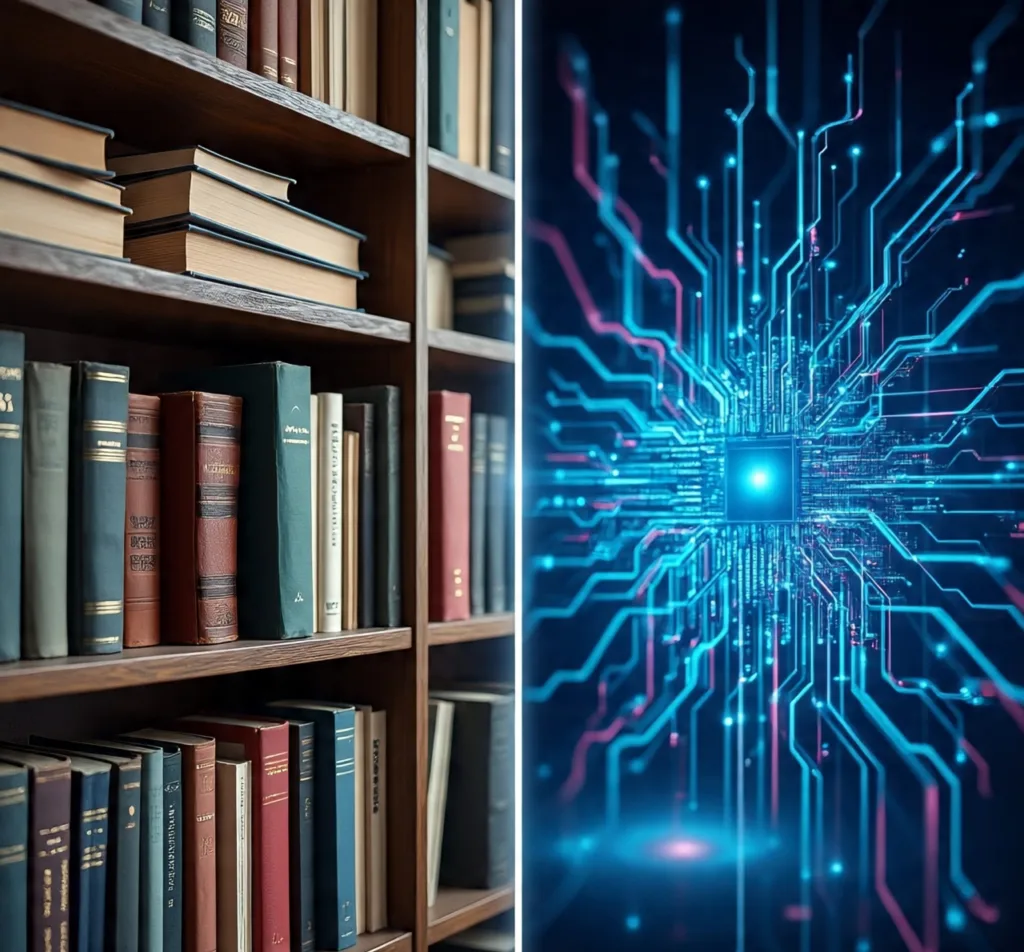When you purchase through links on our site, we may earn an affiliate commission. This doesn’t affect our editorial independence.
Federal Judge William Alsup decided that it was legal for Anthropic to train its AI models on published books without the authors’ permission. This development serves as the first time that the courts have given credence to AI companies’ claim that the fair use doctrine can absolve them from liability when they use copyrighted materials to train large language models. The Anthropic fair use ruling could influence the decisiveness of future copyright lawsuits involving generative AI.
Anthropic Fair Use Ruling Shakes Up AI Copyright Debate
In the scheme of things, this decision comes as a blow to authors, artists, and publishers. Recall that these groups have brought dozens of lawsuits against AI companies like OpenAI, Meta, Midjourney, and Google. You should also recall that the ruling is not binding on other courts. However, Anthropic fair use ruling lays the foundation for a precedent that leans toward tech companies. In other words, it drifts away from creative rights holders.
What the Courts Considered in Fair Use Cases
Moving forward, many of these lawsuits depend heavily on a judge’s interpretation of fair use. Simply, everything rests on the discretion of the court. The doctrine is a notoriously complicated part of copyright law that hasn’t seen significant updates since 1976. Notably, this was the year before the internet and the idea of using books to train AI systems.
However, with the evolution of the current law, fair use assessment considers several factors. These include what users used the materials for. For example, this could be for parody or education. In essence, they compare whether the use is commercial and how transformative the new use. For example, you can write fanfiction for Star Wars, but you can’t sell it commercially. That distinction often makes or breaks a fair use defence.
Tech companies like Meta have defended similar AI training practices by contending that their use of copyrighted works is transformative. Consequently, it qualifies as fair use. Interestingly, before this week’s decision, it was unclear how judges would treat these arguments in court. Above all, Anthropic fair use ruling clarifies that uncertainty, at least in one jurisdiction.
TechPolyp earlier reported that this lawsuit in question, Bartz v. Anthropic, involved several plaintiff authors. They challenged the use of their works and also questioned how Anthropic obtained and stored those materials. According to the plaintiffs, Anthropic aimed to build a “central library” of “all the books in the world” and intended to retain those works indefinitely.
Authors Insisted, Said Books Copyrighted After Anthropic Purchased Books
The authors claimed that Anthropic downloaded millions of copyrighted books from pirate websites without permission. Consequently, this widely stands as an illegal act. It is worthy of note that Anthropic may have later purchased some of the same books. However, the authors argued that the initial acquisition through piracy tainted the entire process.
While Judge Alsup ruled that fair use protects the training, he drew the line regarding how Antropic obtained the content. The court will hold a separate trial to evaluate the legality of Anthropic’s “central library” and determine whether damages should be awarded. Judge Alsup said in the Anthropic fair use ruling, “That Anthropic later bought a copy of a book it stole off the internet will not absolve it of liability for theft.” “But it may affect the extent of statutory damages.”
Anthropic Fair Use Ruling: The Future of Copyright Law in the AI Era
The Anthropic fair use ruling will likely spark further debate among legal scholars, policymakers, and creatives. Some experts worry that the ruling could encourage other AI companies to harvest copyrighted materials without compensation or permission. Conversely, some in the tech industry hail the ruling as a victory for innovation and progress.
However, it remains to be seen whether this case will become a definitive precedent or not. It is noteworthy that other judges may rule differently in ongoing cases involving OpenAI and Google. Notwithstanding, Alsup’s reasoning will likely be cited in future courtrooms, projecting this decision influential in the AI copyright debate.
In response to the ruling, author advocacy groups have renewed calls for legislative reform. They contend that the current copyright framework is outdated. Consequently, it fails to protect original works in the age of AI. Similarly, some groups have proposed new licensing models to ensure fair compensation when anyone or organization usea creative content for machine learning purposes.
The extensive impact of the Anthropic fair use ruling will gain more traction over time, just like the Epic games’. For now, it has brought about a decisive shift in how the law might treat generative AI companies in the future. In the same vein, creators and tech firms are watching closely, consciously aware that future rulings could further swing the balance.
